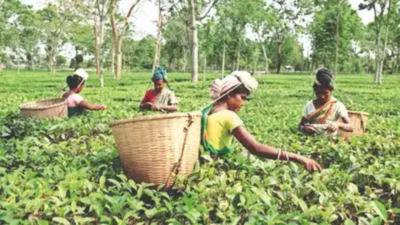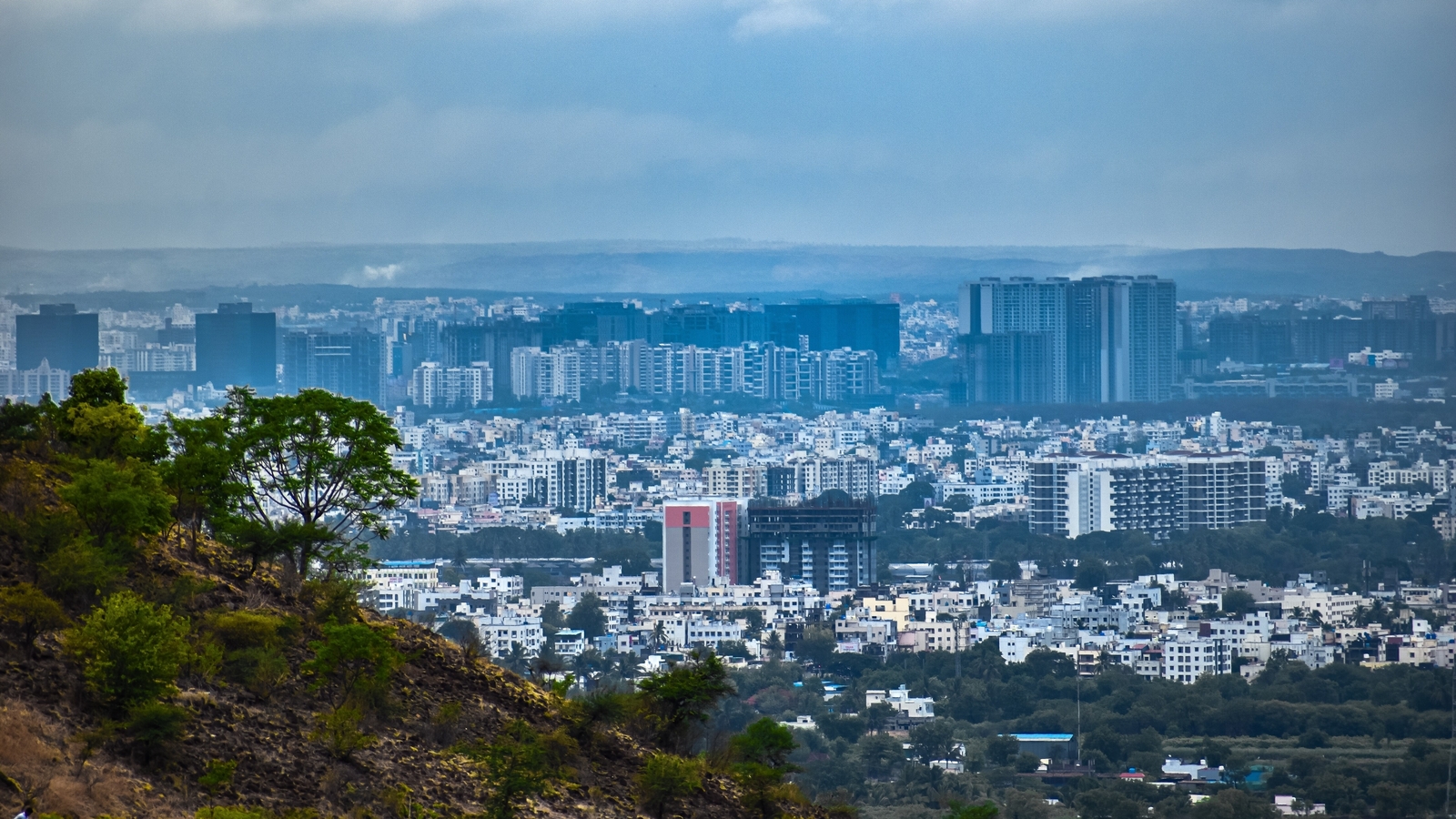Assam tea industry raises concerns over new EU regulations impacting exports

New EU regulations restricting key chemical compounds in Indian tea production, particularly in Assam, have sparked concerns about potential export disruptions.
GUWAHATI: The Tea Research Association Tocklai (TRA Tocklai) in Assam, recognised as the world's oldest and largest tea research facility, has raised serious concerns about new European Union Commission regulations restricting three chemical compounds commonly used in Indian tea production, particularly in Assam.
According to officials, the regulations will lower the Maximum Residue Level (MRL) of Thiamethoxam and Clothianidin to 0.05 ppm from March 2026. Similar constraints for Thiacloprid were effective from May. These substances are essential for controlling pests in tea plantations.Various Indian organisations, including the Tea Board, TRA Tocklai, Department of Commerce, and Indian Embassy in the EU, have approached DG Sanco and DG Trade of the EU, requesting time to phase out existing chemicals until alternatives receive approval.
India's tea exports to the EU and UK amount to 53 million kgs per annum, predominantly from Assam. These regulations can impact the supply of 40 million kgs from Assam every year.
EU and UK importers are worried about purchasing Indian teas, as they maintain tea stocks for 12-24 months, potentially facing compliance issues when the new regulations take effect.Indian Embassy representatives in Brussels are scheduled to meet EU officials in early June to address trade matters.
The Embassy has sought information from TRA Tocklai and the Tea Board regarding alternative substances, transition plans, and scientific evidence supporting extension requests, along with the potential effects of neonicotinoid restrictions on tea exports. TRA Tocklai has petitioned senior EU officials for a five-year transition period from current chemicals to newer alternatives."Since good Assam orthodox teas are exported to the EU and UK, the new EU regulation may cause a major hindrance to exports, and reputed tea importers like Thiele & Co have sought the intervention of the Assam chief minister in saving the reduction of tea exports from Assam," said Joydeep Phukan, Secretary and Principal Officer at TRA Tocklai.
"The alternatives such as Chlofenapyr, Tolfenpyriad, and Flupyridifurone are not approved for use in tea by CIBRC India," he added.German tea importer Thiele & Freese has appealed to Assam CM Himanta Biswa Sarma for support against these restrictions, emphasising the critical situation with "Assam tea in danger." The traditional East Frisian tea, of which Assam tea is an integral part, is recognised as a UNESCO Intangible Cultural Heritage, dating back some 450 years.
"With an annual per capita consumption of 300 litres, our region ranks among the top globally in tea consumption," read the letter.
The letter emphasised that premium second flush Assam teas are crucial for high-quality blends, declaring "Assam tea is indispensable."It noted that recent EU legal developments threaten the established partnership between Indian and European tea industries. "We understand that the Indian Ministry of Commerce and the Tea Board have sent a formal request to the EU, asking for a three-year extension for the use of Thiamethoxam and Clothianidin.
A response is still pending," read the letter. The letter warned that export uncertainty could affect Assam this year itself.
"We are deeply concerned that Assam could lose one of its most vital export markets, resulting in significant losses in foreign currency revenue. The reputation of Assam tea may suffer, and buyers could turn to alternative origins," read the letter.









